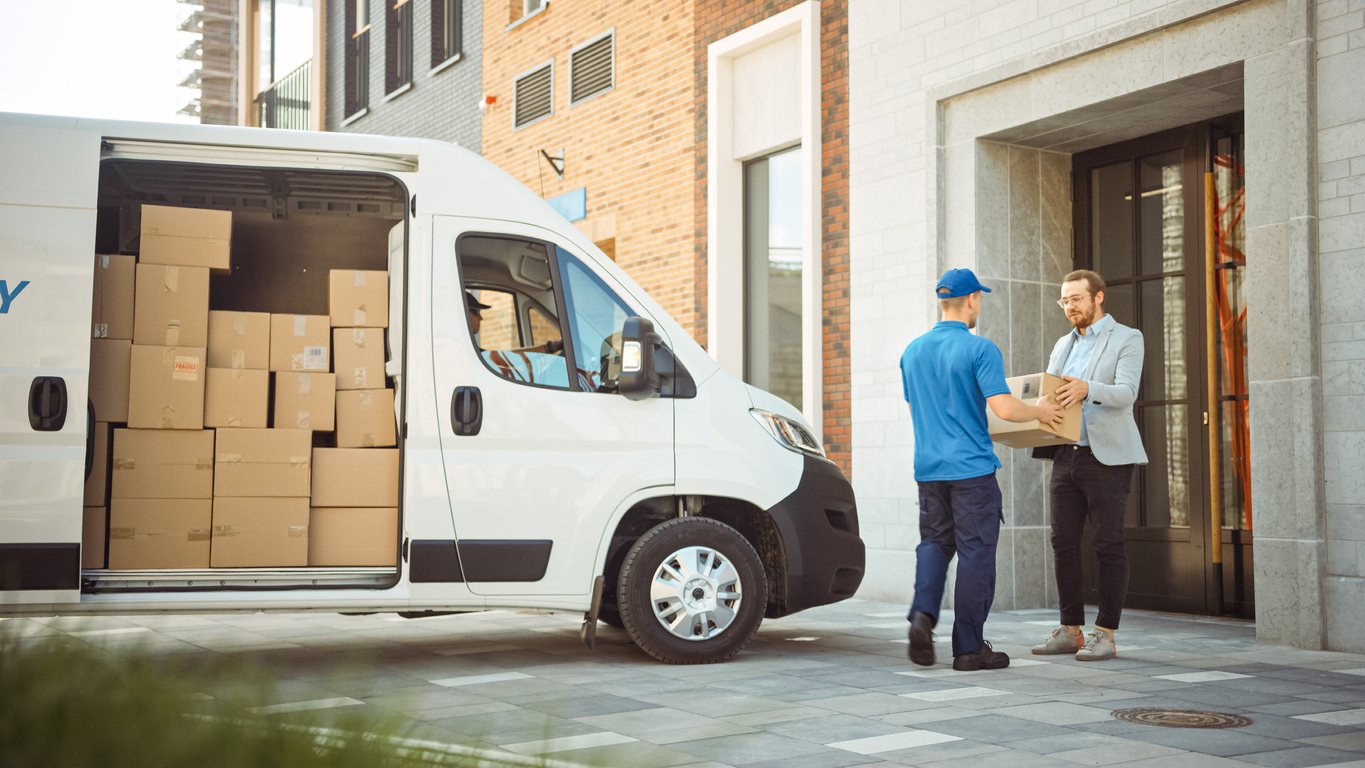LTL and FTL: What’s the difference?
If you’re shipping big and bulky items, you’ve probably heard the terms Less-than-Truckload (LTL) and Full-truckload (FTL). Both options are common methods of shipping large items of high volumes of product, but what’s the difference? To better understand which mode of shipping is more suited to your needs, we’re breaking down the main differences between FTL and LTL and what benefits you can expect from each.
Understanding FTL shipping categorization
Full-truckload (FTL) or truckload (TL) shipping is for shipments with enough volume to require a full truck of dedicated space and does not share that space with any other shippers.
Understanding LTL shipping categorization
Less-than-truckload (LTL) shipments are larger than parcel shipments, typically weighing between 150lbs to 15,000lb, and, while bulky, do not require a whole truck space.
What’s the difference between LTL and FTL shipping?
1. Cost savings
Depending on your shipping volume, it may be more economical to choose either FTL or LTL. If what you’re shipping does not require a full truckload, try an LTL service – they come in a wide variety of service levels to suit your needs.
2. Method of quoting freight
The method of calculating an LTL quote is a bit different from quoting FTL. Because FTL occupies an entire truckload, you can expect to pay-per-mile. Conversely, LTL shipments are calculated using Freight Class, which is determined by weight and dimensions.
3. Residential vs. Commercial purposes
One can use LTL services for commercial purposes and residential shipping with the help of Liftgate services and special delivery services. FTL services, on the other hand, can be used for commercial purposes only.
4. Environmental impact
LTL shipping is a shipping method that helps decrease your environmental impact by allowing your products to “carpool” with other shipments in the same truck. On the other hand, FTL should only be used when your shipments can pack an entire truck. To further reduce your environmental impact, check out Freight Club’s free carbon offset program.
5. Amount of handling and delivery time
Because FTL shipments contain only your products, there is far less risk of damages as your product always remains in the same truck. In the case of LTL, your product will likely go through several shipping hubs before reaching its destination. If you’re concerned about damages, we recommend shipping with specialty LTL carriers.
Conclusion
The difference between the benefits of LTL and FTL shipping depends on the freight volume you're shipping. If you have a large volume of items to ship to the same location, FTL would be the most economical fit. Otherwise, if you're shipping big and bulky items, you will most likely be using an LTL service.


